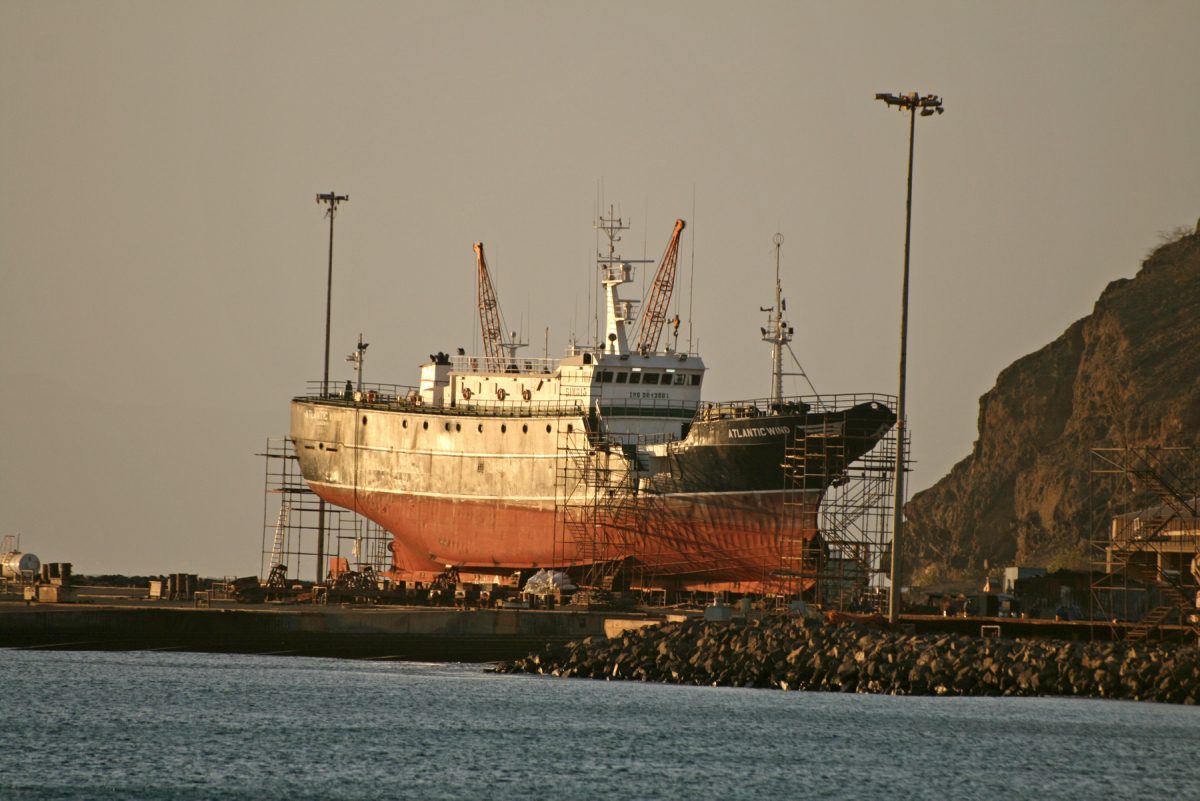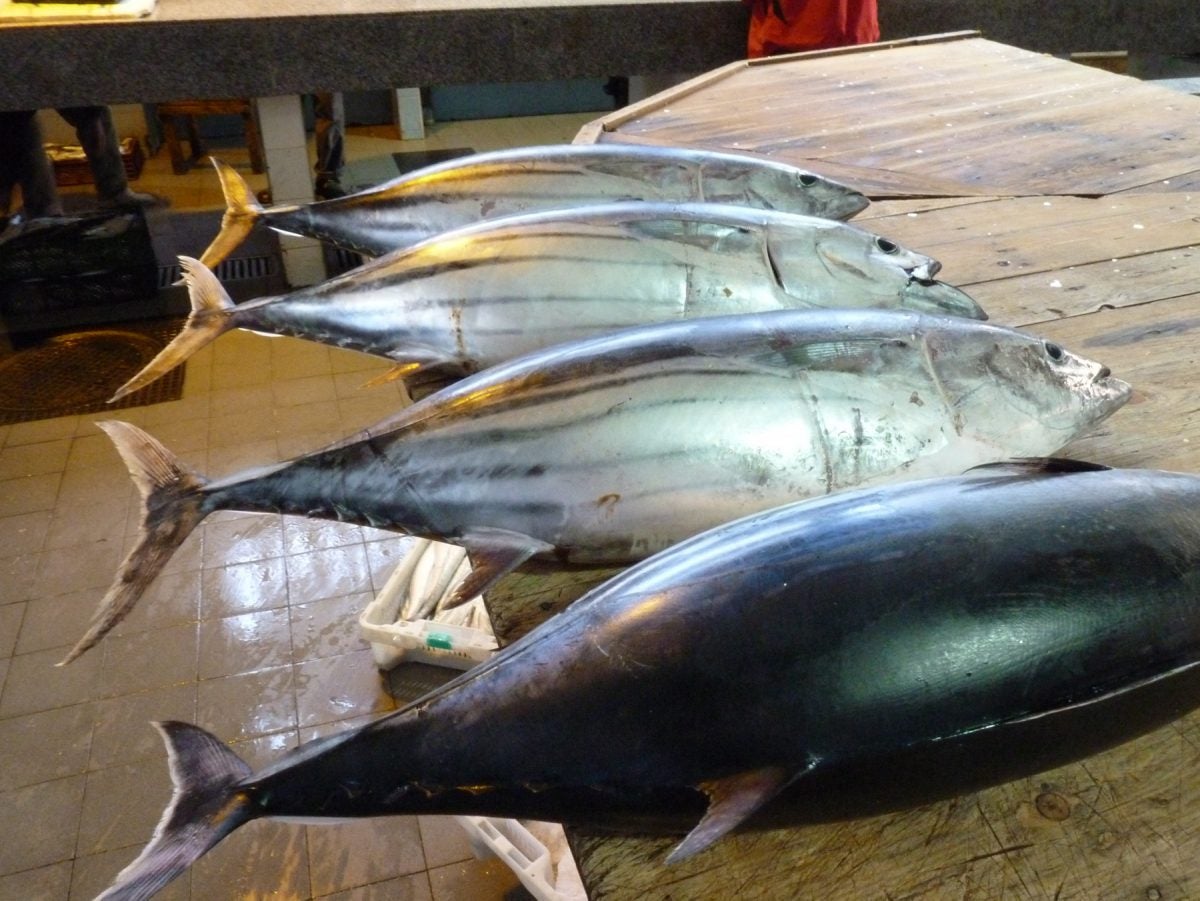Oceana calls for pirate fishing to be made an environmental crime
UN sets 2020 goal to end IUU fishing, which is behind 20% of total fish catches
Press Release Date: June 5, 2018
Location: Madrid
Contact:
Marta Madina | email: mmadina@oceana.org | tel.: Marta Madina
World Environment Day & International Day for the Fight Against IUU Fishing
Today, Oceana is sending out an SOS to urge national governments to make pirate fishing a punishable environmental crime. Illegal, unreported and unregulated (IUU) fishing – also known as pirate fishing – is a widespread and illicit practice worth tens of billions of euros every year and damages the marine environment, jeopardising global fish supplies and the entire ocean ecosystem.
The call for governments to establish measures to be able to take legal action against pirate fishing comes amid an international awareness campaign by the United Nations on 5th June – also World Environment Day – to tackle the magnitude of the problem.
“On World Environment Day and International Day for the Fight Against IUU Fishing, we’re sending out an SOS to call on governments around the world to make illegal fishing an environmental crime,” said Lasse Gustavsson, executive director of Oceana in Europe. “Countries need to recognise that large-scale illegal fishing is organised crime and should be dealt with as such. Pirates should be behind bars, not sailing free on the world’s oceans,” added Gustavsson.
Globally, IUU fishing is estimated to account for 20% of total fish catches1. Conservative evaluations of illegal and unreported fishing put the annual cost in loses to the global economy at between 9 and 20 billion euros, which in terms of fish, is 11 to 26 million tonnes2.
The impact of IUU fishing not being treated as a crime in most countries is taking its toll on the environment and society. Those that participate in IUU fishing break or avoid fisheries rules, resulting in an overexploitation of already overfished fish stocks and the destruction of vital marine habitats and ecosystems. High-value species such as sharks and tunas are often the targets of unlawful fishing. Overfishing these predators as well as endangered species creates an unbalance in the whole marine ecosystem, putting ocean health and abundance at risk.
For society, IUU fishing also puts the fishermen and women who fish legally at a disadvantage and brings adverse knock-on effects for the economic and social well-being of fishing communities.
As part of a drive to reach the 2020 target deadline to end IUU fishing and destructive fishing practices under the UN’s Sustainable Development Goals, the General Fisheries Commission for the Mediterranean (GFCM) – a UN regional fisheries body – spearheaded the initiative to dedicate an International Day to tackle IUU fishing. The Day was officially adopted at the UN General Assembly on 22 November 20173.
 |
 |
|
|
|
___________________________________________
1. http://www.fao.org/gfcm/news/detail/en/c/1096102/
2. Agnew DJ, Pearce J, Pramod G, Peatman T, Watson R, Beddington JR, et al. (2009) Estimating the Worldwide Extent of Illegal Fishing. PLoS ONE 4(2): e4570. https://doi.org/10.1371/journal.pone.0004570

